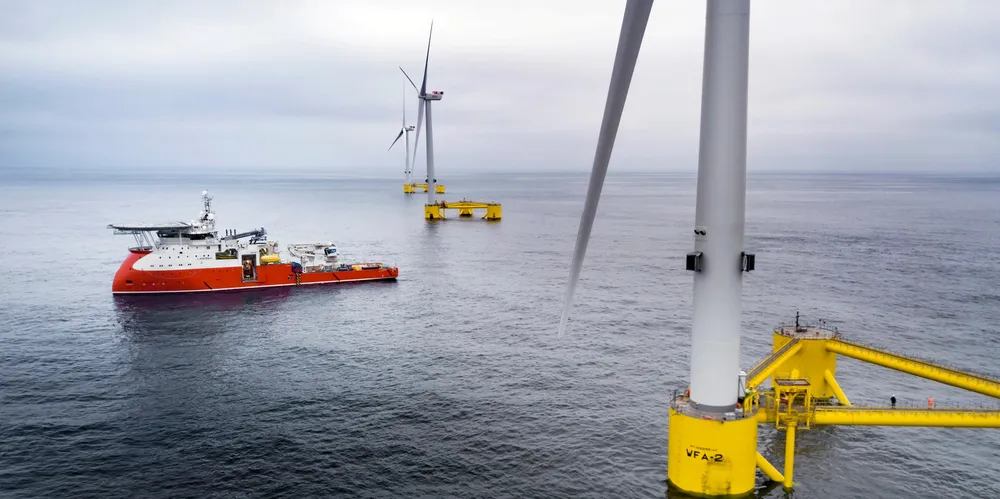Simply Blue dips toe in water for gigascale floating wind off Iberia with Spanish link-ups
Irish developer inks deal with Proes Consultores and FF New Energy Venture to explore development of deepwater projects off Spain and Portugal

Irish developer inks deal with Proes Consultores and FF New Energy Venture to explore development of deepwater projects off Spain and Portugal
